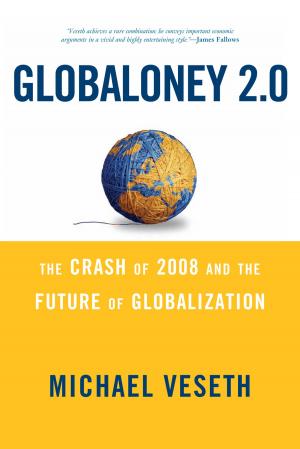Turning Pragmatism into Practice
A Vision for Social Studies Teachers
Nonfiction, Reference & Language, Education & Teaching, Teaching, Teaching Methods| Author: | Daniel W. Stuckart | ISBN: | 9781475837728 |
| Publisher: | Rowman & Littlefield Publishers | Publication: | January 11, 2018 |
| Imprint: | Rowman & Littlefield Publishers | Language: | English |
| Author: | Daniel W. Stuckart |
| ISBN: | 9781475837728 |
| Publisher: | Rowman & Littlefield Publishers |
| Publication: | January 11, 2018 |
| Imprint: | Rowman & Littlefield Publishers |
| Language: | English |
Despite the founding of the modern social studies curriculum nearly a century ago based on John Dewey’s pragmatism philosophy, the field has never achieved a significant and broad implementation of his ideas. Dewey’s instrumentalism offers social studies educators a tool for addressing vexing problems such as whether they should design classroom experiences using a traditional or a social studies approach to learning history, the role of digital technologies, the purpose and challenges of younger learners working with an expanding horizons curriculum, and many more. At the same time, Dewey’s time-tested theories describe how students use the social studies curriculum to make meaning as well as provide teachers a blueprint for implementing engaging and interactive lessons. We have neglected Dewey, which has led to confusion, student disinterest, and widespread teaching methodologies contrary to theoretical and research best practices. Revisiting Dewey provides the why and how of what we do, an ideal for creating a challenging and rigorous social studies curriculum while engaging students’ interests.
Despite the founding of the modern social studies curriculum nearly a century ago based on John Dewey’s pragmatism philosophy, the field has never achieved a significant and broad implementation of his ideas. Dewey’s instrumentalism offers social studies educators a tool for addressing vexing problems such as whether they should design classroom experiences using a traditional or a social studies approach to learning history, the role of digital technologies, the purpose and challenges of younger learners working with an expanding horizons curriculum, and many more. At the same time, Dewey’s time-tested theories describe how students use the social studies curriculum to make meaning as well as provide teachers a blueprint for implementing engaging and interactive lessons. We have neglected Dewey, which has led to confusion, student disinterest, and widespread teaching methodologies contrary to theoretical and research best practices. Revisiting Dewey provides the why and how of what we do, an ideal for creating a challenging and rigorous social studies curriculum while engaging students’ interests.















